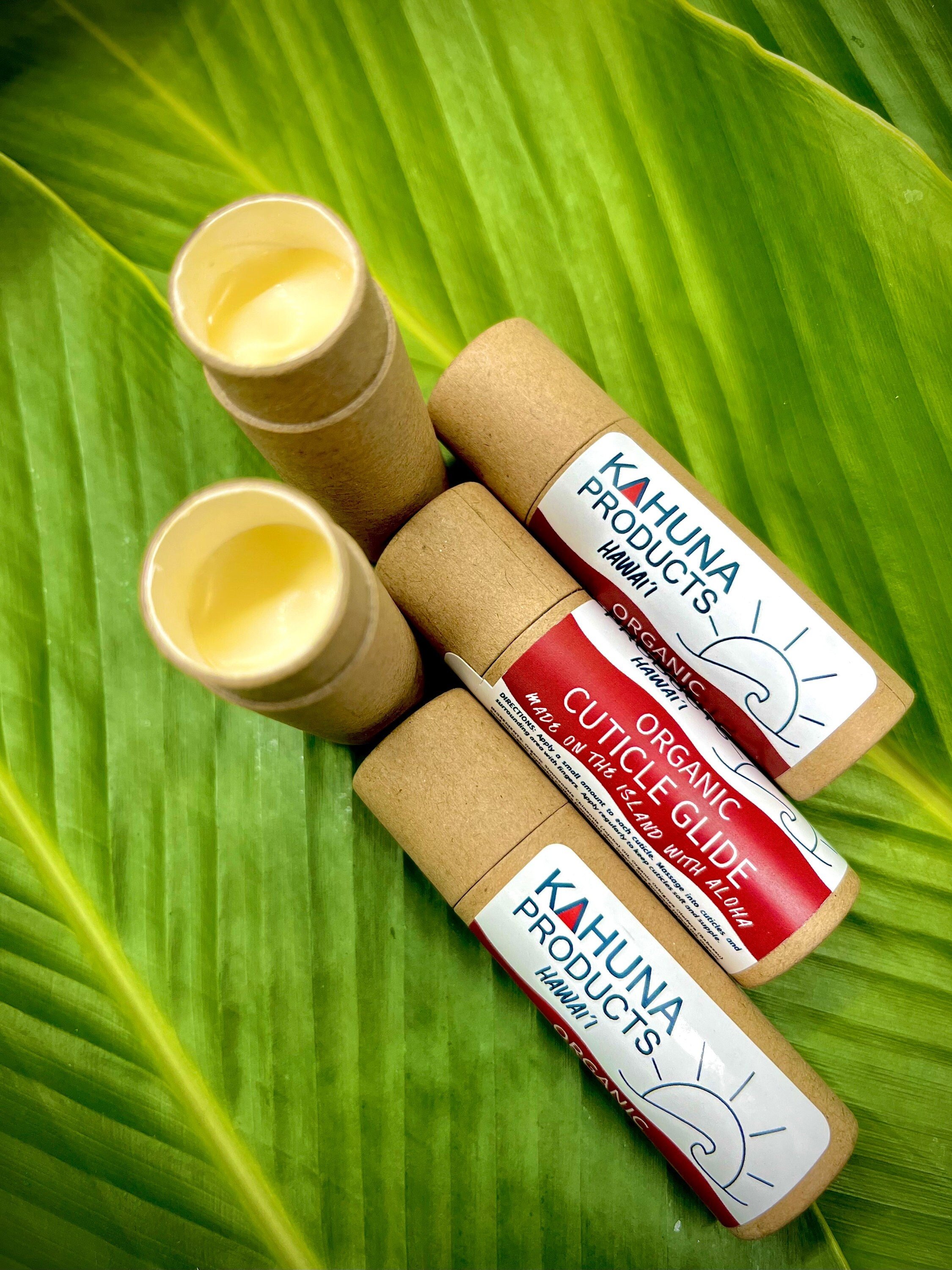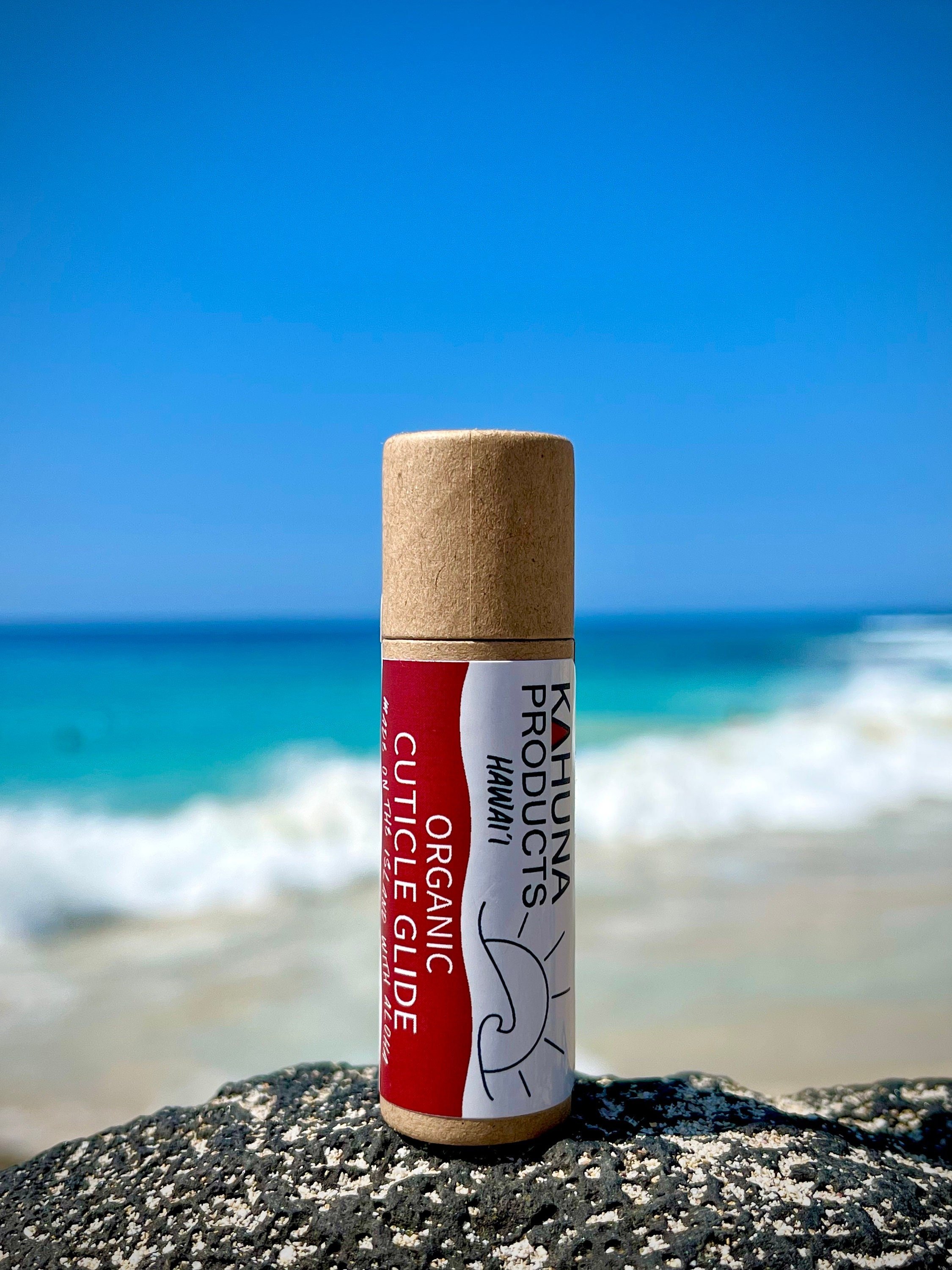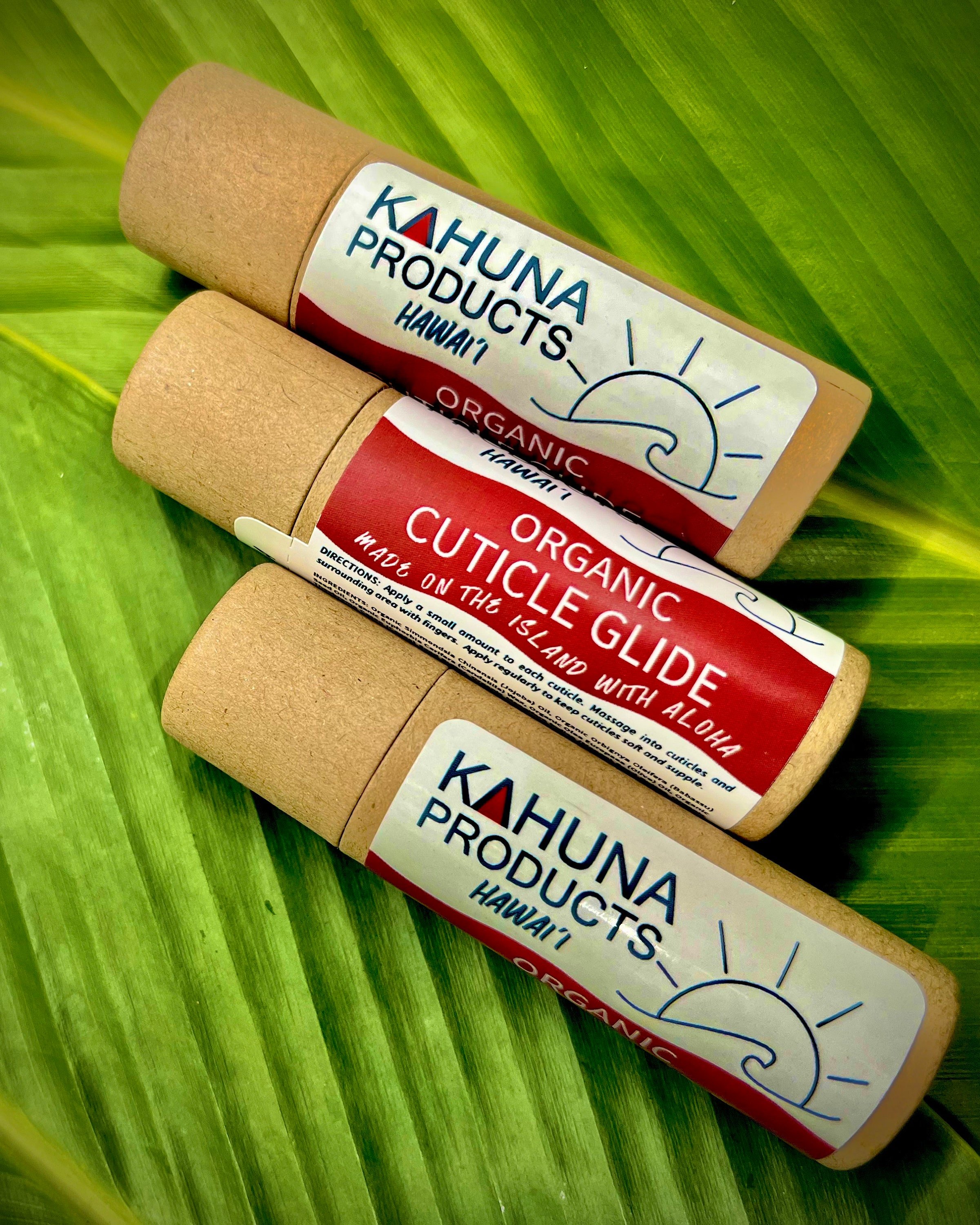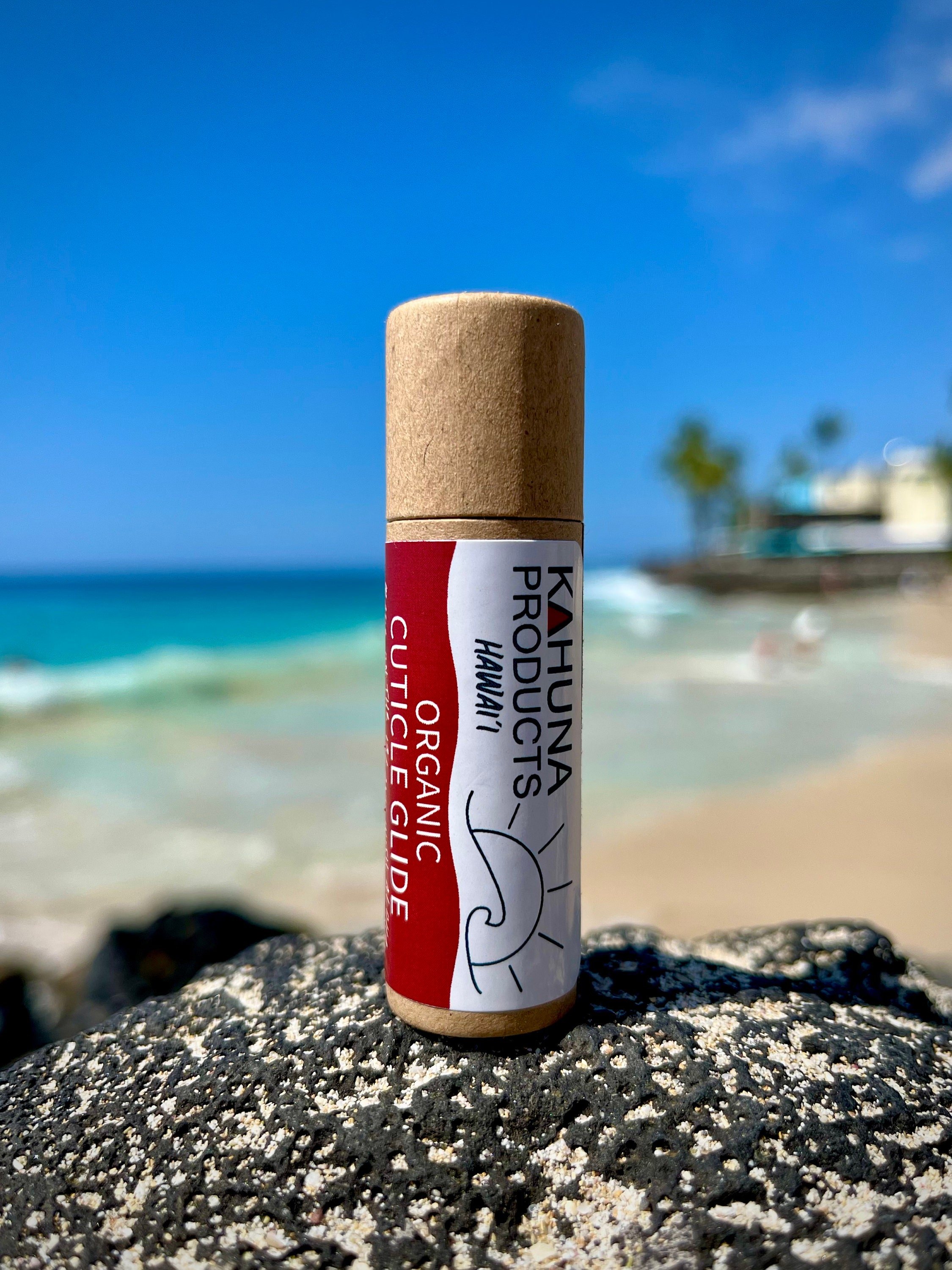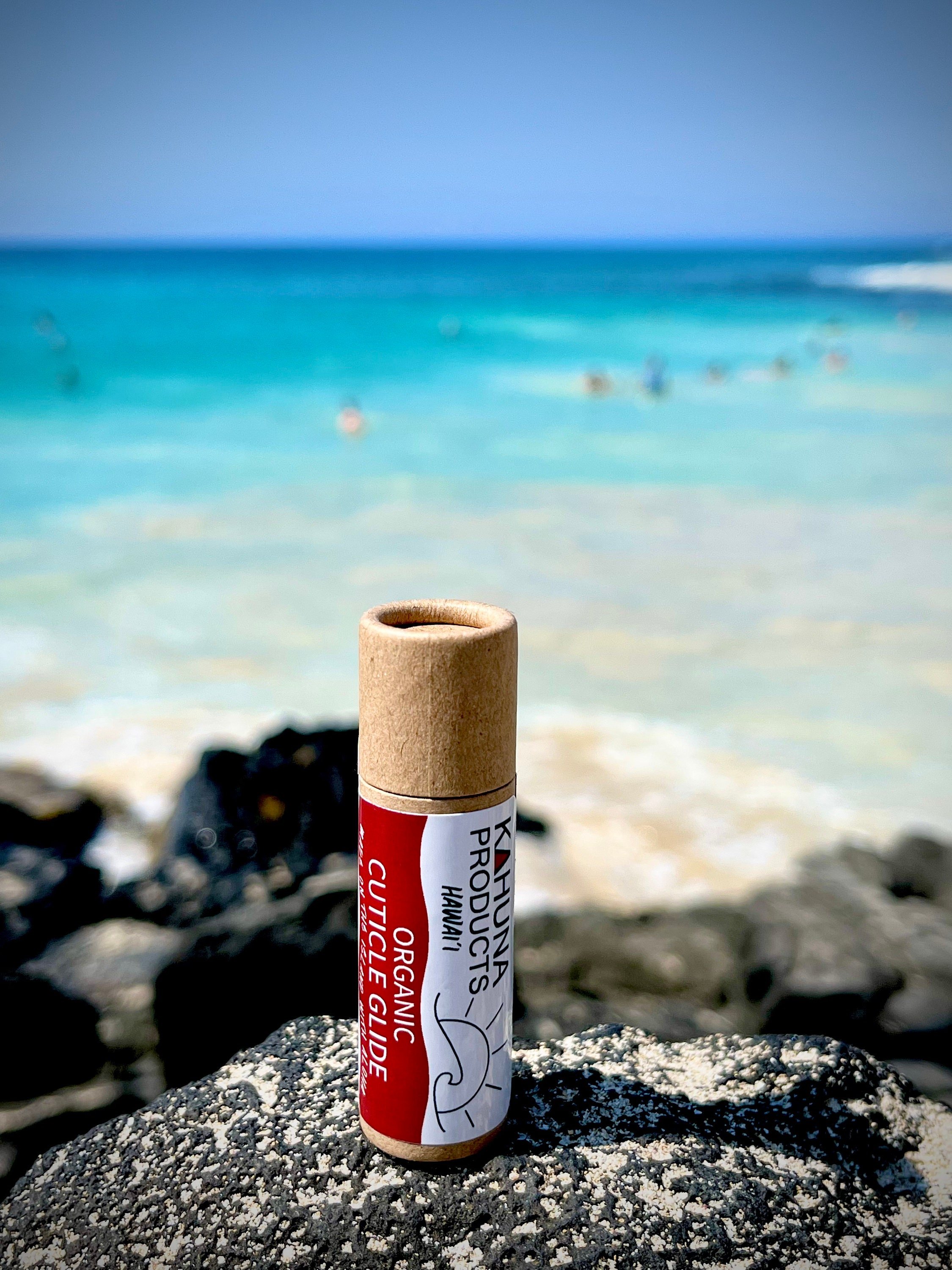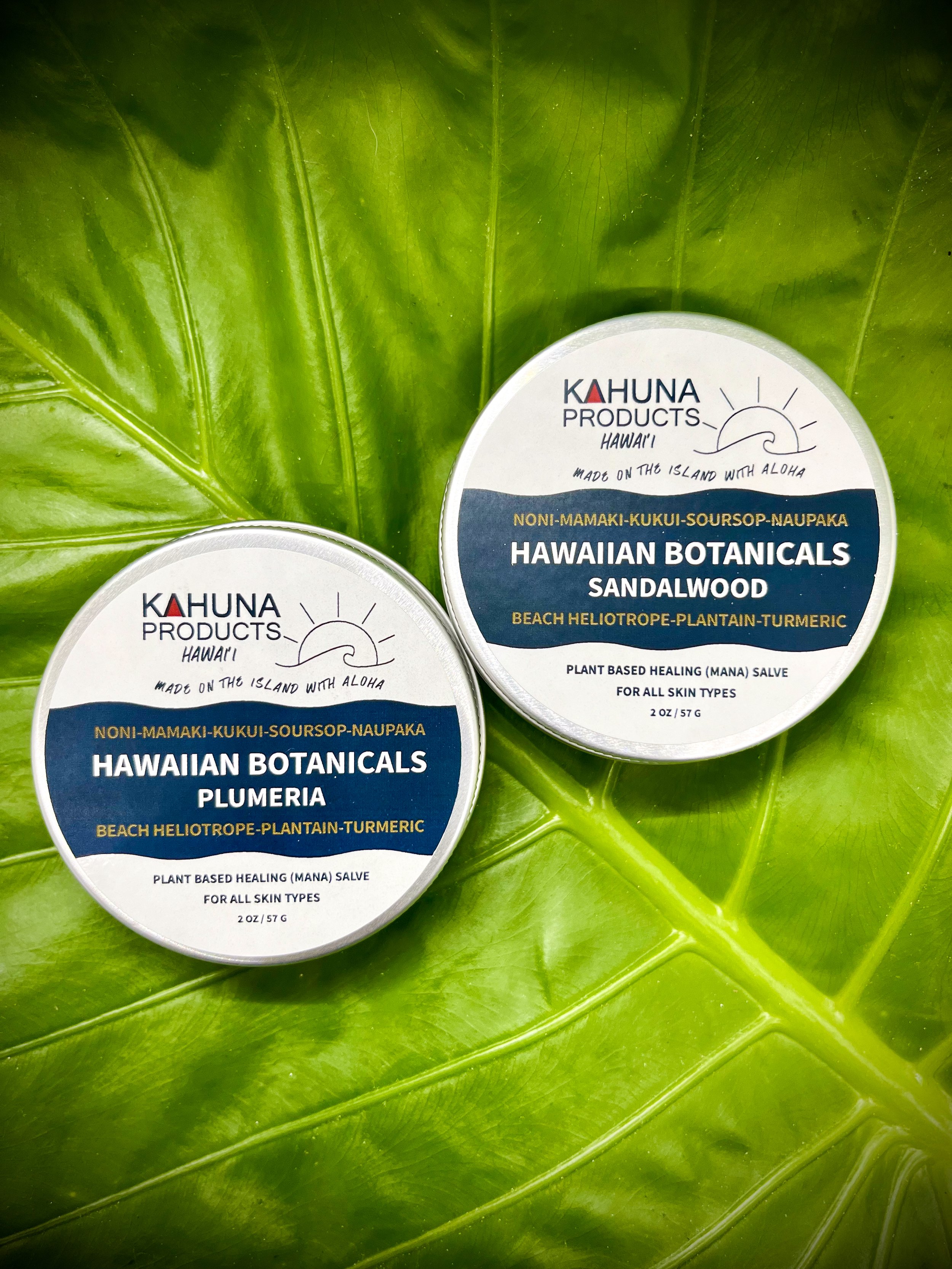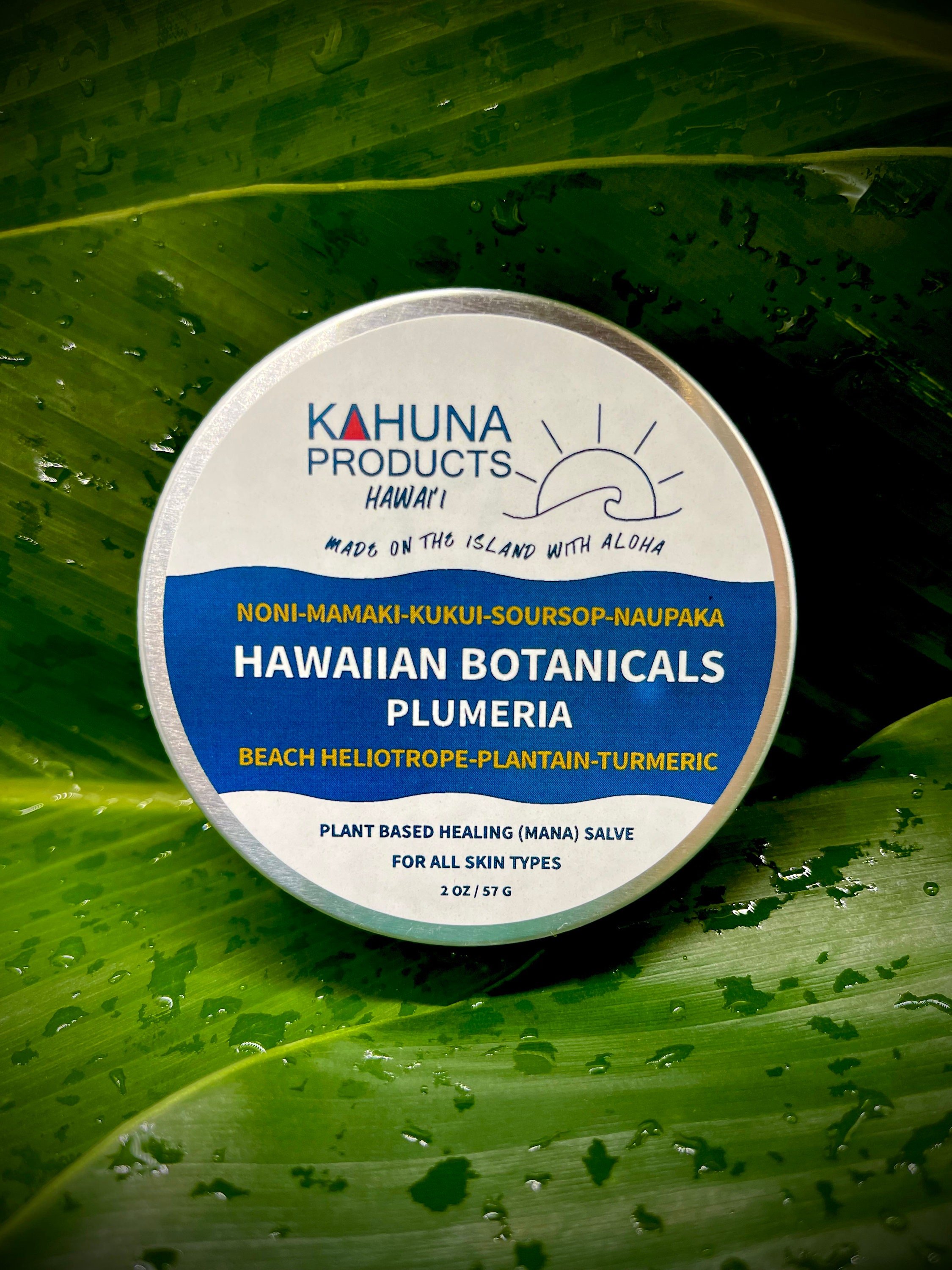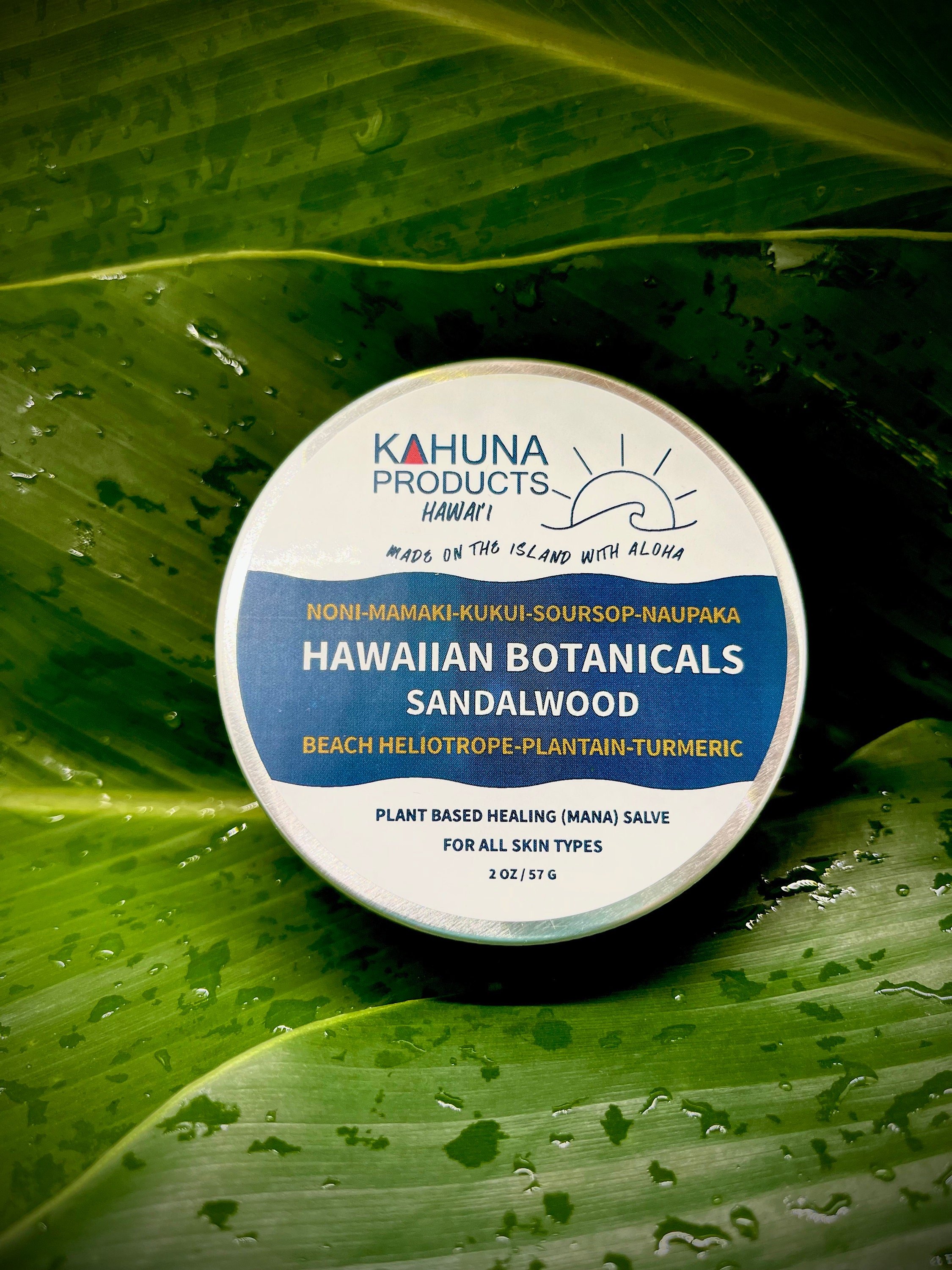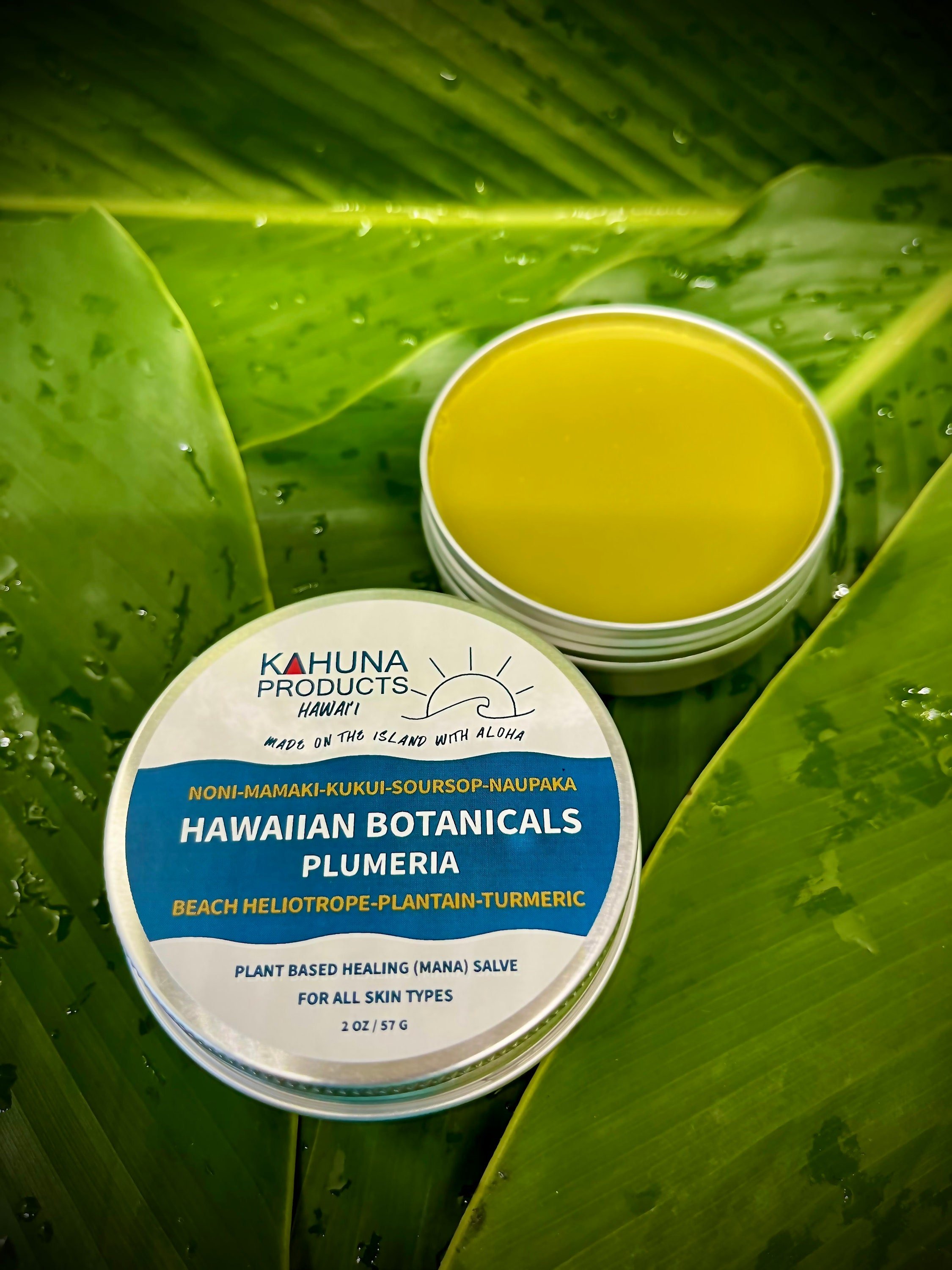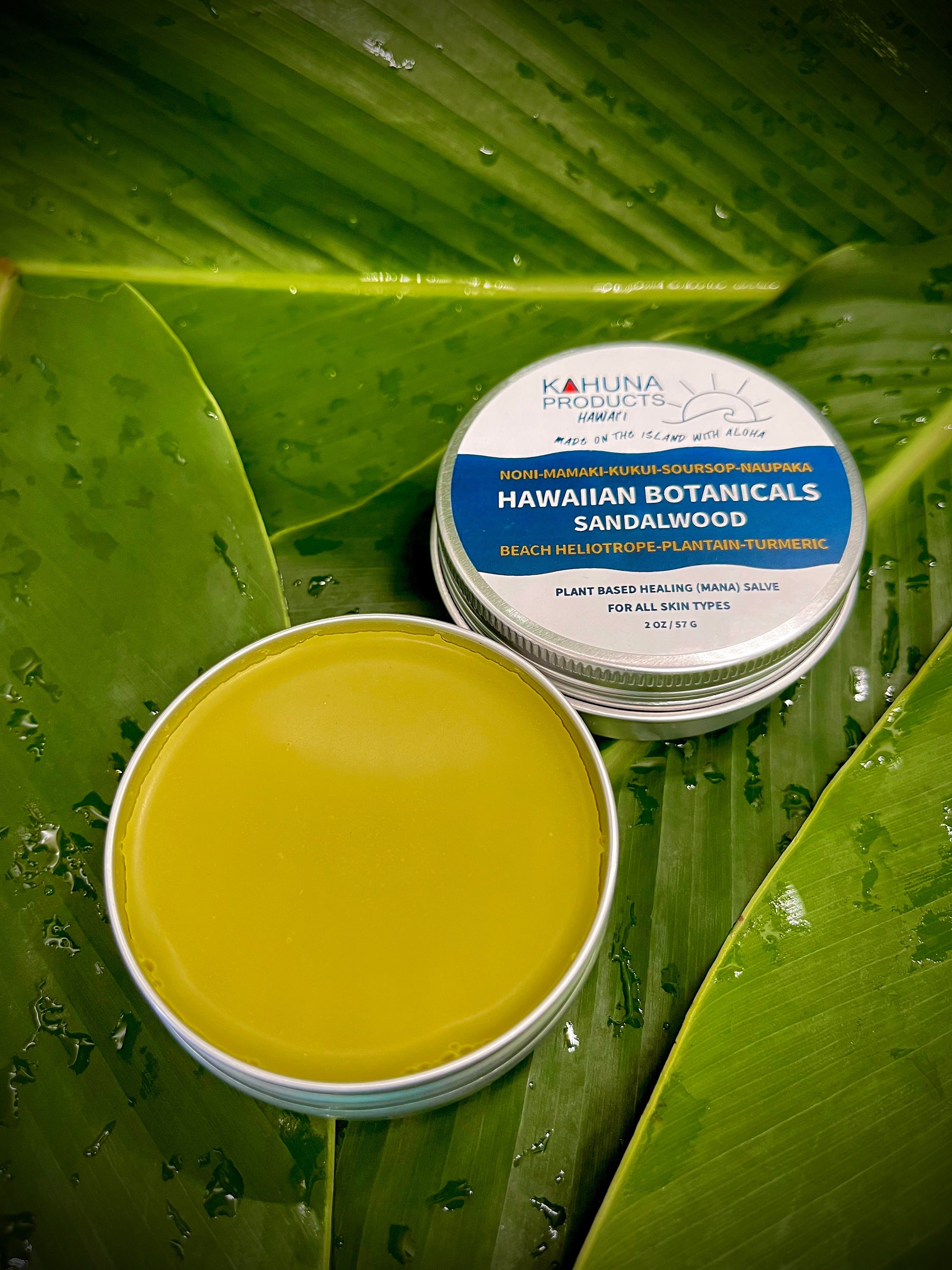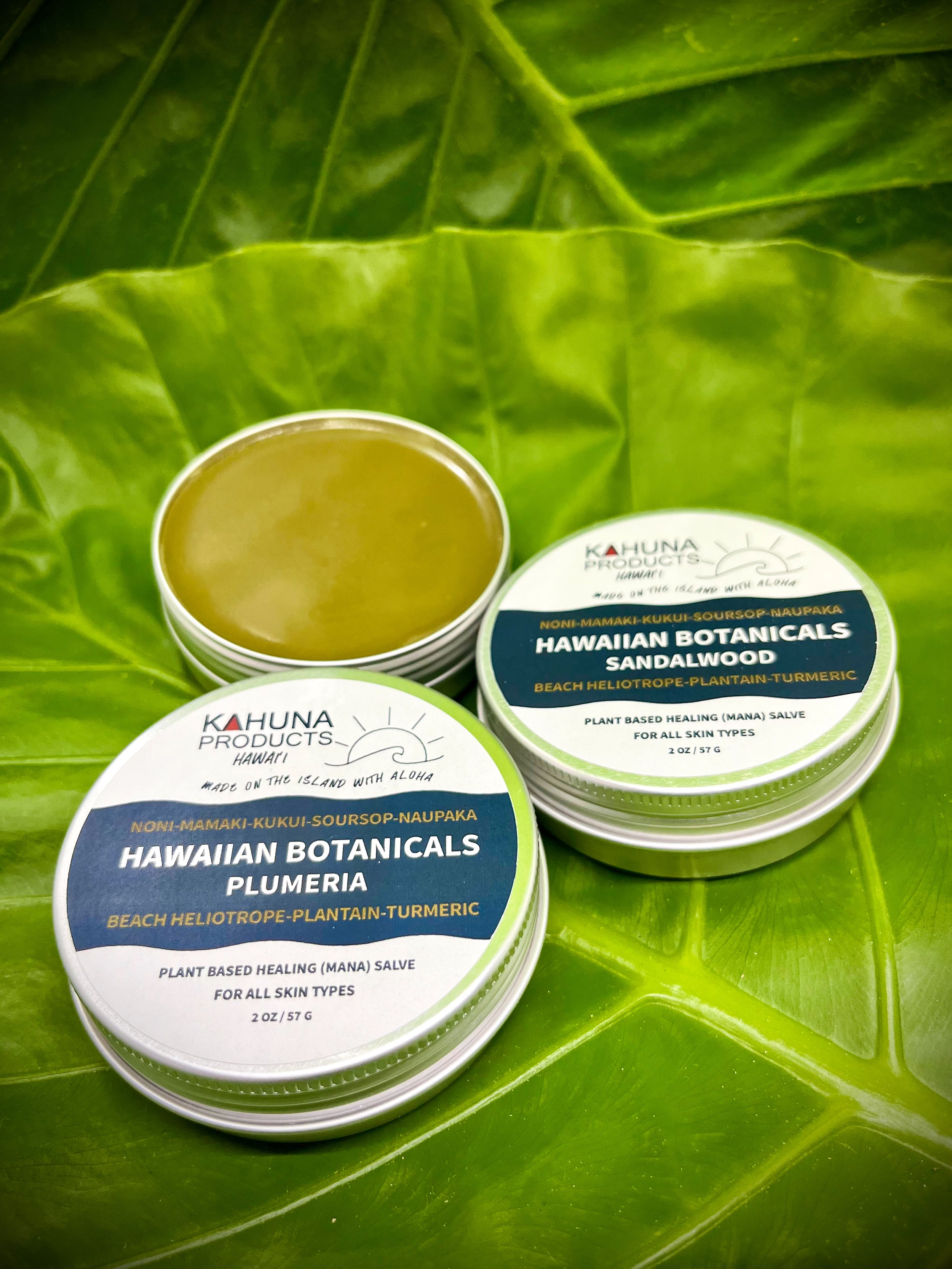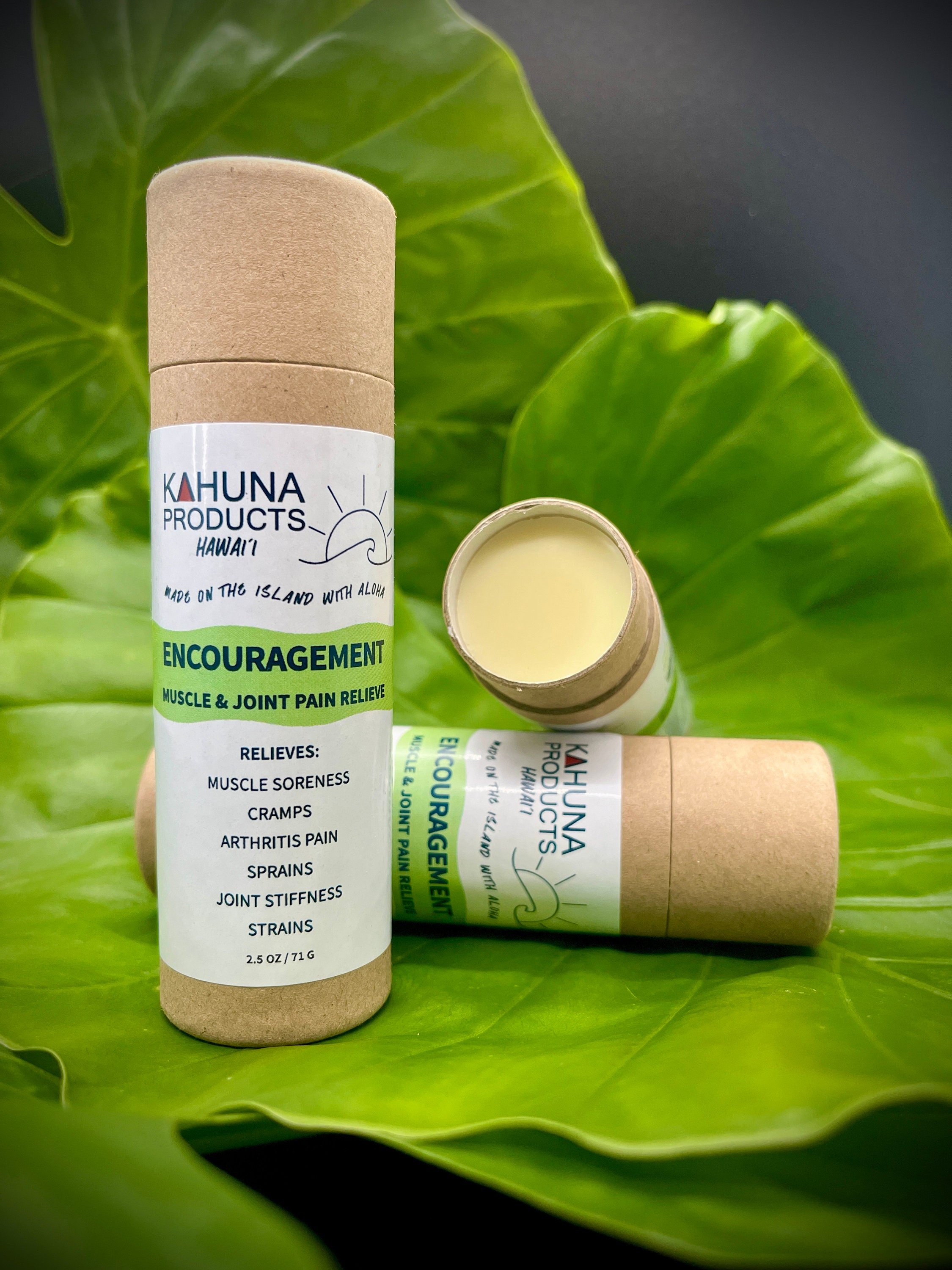-
INCI NAME: Curcuma Longa (Turmeric) Root Oil.
ORIGIN: India. Bottled in Hawai’i.
PART USED: Rhizomes.
EXTRACTION METHOD: Steam Distilled Essential Oil.
NOTE CLASSIFICATION: Middle to Top Note.
-
Curcuma longa essential oil can be blended with a variety of other essential oils to create unique and synergistic aromas. Here are some essential oils that blend well with turmeric essential oil:
Ginger: Ginger essential oil shares similar spicy and warm notes with turmeric oil, making them a great combination. This blend can create an invigorating and uplifting aroma.
Lemon: The bright and citrusy scent of lemon essential oil pairs well with the earthy aroma of turmeric oil. This blend can create a refreshing and energizing fragrance.
Frankincense: Frankincense essential oil has a deep and resinous scent that can complement the warm and grounding aroma of turmeric oil. This combination is often used for relaxation and meditation.
Lavender: Lavender essential oil has a calming and floral fragrance that can balance the earthiness of turmeric oil. This blend is commonly used for relaxation and stress relief.
Peppermint: Peppermint essential oil has a cool and minty aroma that can provide a refreshing contrast to the warm scent of turmeric oil. This blend can be invigorating and uplifting.
Patchouli: Patchouli essential oil has a rich, earthy, and musky scent that can complement the earthiness of turmeric oil. This combination can create a grounding and soothing fragrance.
Sweet Orange: The sweet and citrusy scent of sweet orange essential oil pairs well with turmeric oil, creating a bright and uplifting aroma. This blend can be energizing and mood-enhancing.
When creating blends, it's important to experiment with different ratios and test the aroma to find the desired balance. Start with a few drops of each essential oil and adjust according to personal preference. Additionally, always ensure that the essential oils you are using are of high quality and suitable for aromatherapy purposes.
-
They can be inhaled directly from the bottle, diffuser, or humidifier.
They should be diluted with a carrier oil when applied to your skin. We suggest a 4% dilution rate.
You can also add them to your favorite skincare products.
Essential oils are not safe for consumption unless you are under a health practitioner's guidance.
-
100% Pure Essential Oil.
Unrefined, Undiluted, No Fillers, No Synthetics, Organic, and Sustainably sourced.
-
0.33 oz / 10 ml
Amber glass bottle with euro dropper.
-
Keep out of reach of children. The bottles are a choking hazard. Avoid contact with eyes, inner ears, mucous membranes, and sensitive areas. If you are pregnant, nursing, taking medication, or have a medical condition, consult a health professional prior to use.
Animals are more sensitive to certain scents; consider your pets while choosing essential oils.
While not all essential oils have the same effect on everyone, the key is finding which ones work best for you. You are the individual and know what is best for you. So experiment and find your path.
The products described on this website are not intended to diagnose, treat or prevent any disease or to affect any structure or function of the skin or body. The information on this website is not medical advice and is not a substitute for consulting with a healthcare provider.



